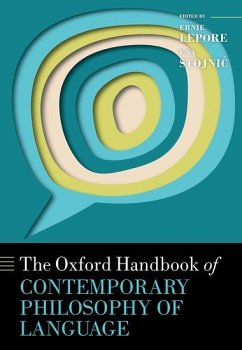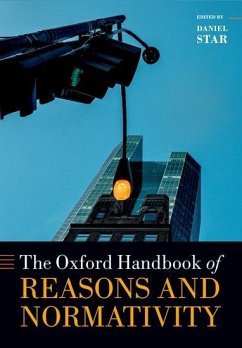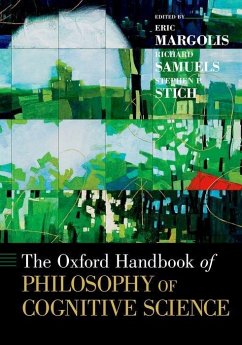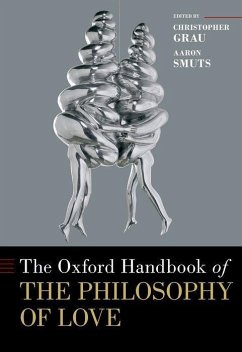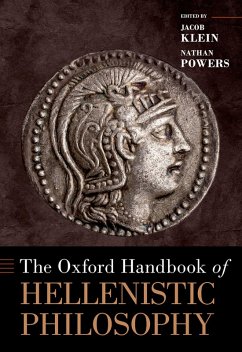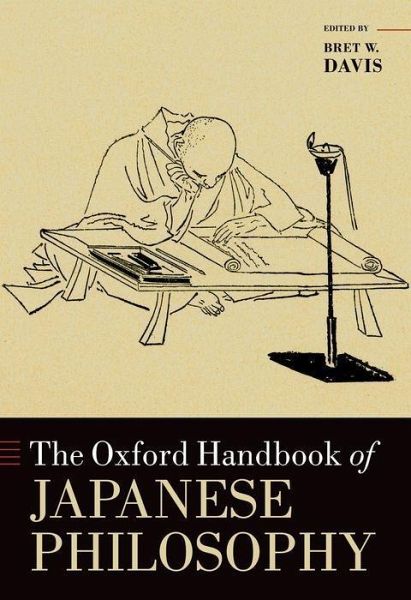
The Oxford Handbook of Japanese Philosophy
Versandkostenfrei!
Versandfertig in über 4 Wochen
62,99 €
inkl. MwSt.

PAYBACK Punkte
31 °P sammeln!
The Oxford Handbook of Japanese Philosophy is the first multi-authored work to cover, in detail and depth, the entire span of this philosophical tradition, from ancient times to the present. It introduces and examines the most important topics, figures, schools, and texts from the history of philosophical thinking in premodern and modern Japan. Each chapter, written by a leading scholar in the field, clearly elucidates and critically engages with its topic in a manner that demonstrates its contemporary philosophical relevance.




